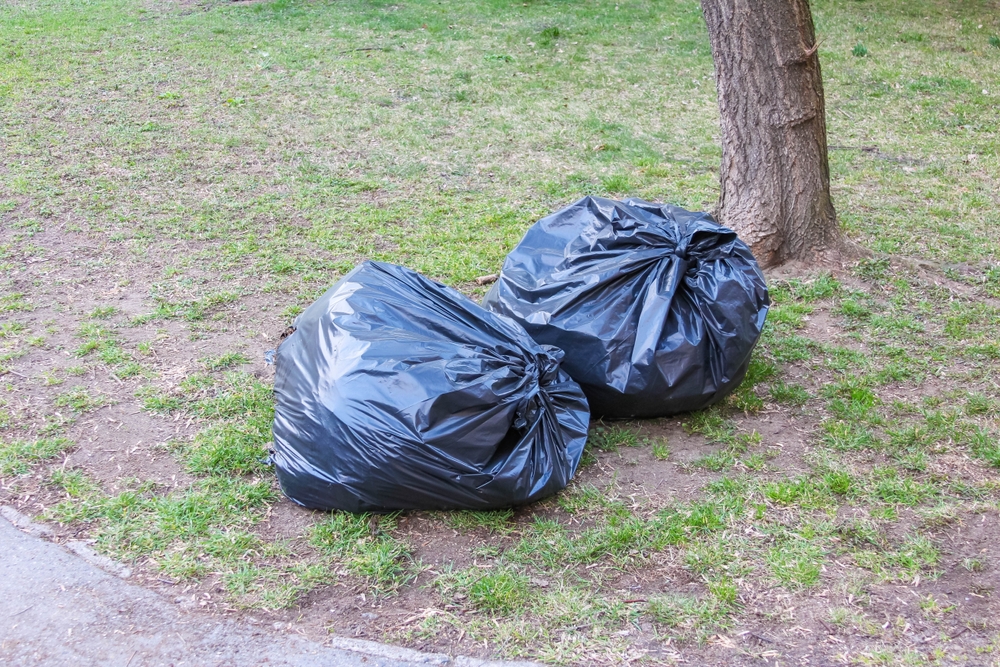Waste that's worth a fortune. It can bring benefits and savings to municipalities.

- A survey conducted by the Opinia24 agency shows that only 45% of respondents know that separating bio-waste is mandatory – even though it has been in force since 2021.
- Much of this waste ends up in the mixed waste bin. This is a mistake, as bio-waste can effectively support Polish municipalities in meeting EU recycling targets, produce energy, and fertilize soil.
- It is worth taking care of education in municipalities to obtain as many benefits as possible.
In March 2025, the Opinia24 agency conducted a study on how Poles deal with kitchen bio-waste.
Given that bio-waste accounts for 37% of municipal waste, and Polish municipalities face increasingly higher EU recycling targets each year (55% by 2025, 60% by 2030, and 65% by 2035) , it's worth considering this waste from the perspective of its potential to meet these targets. It's also worth focusing on extracting the best and most valuable from it.
Bio-waste as a source of savings for municipalities and residentsThe authors of the report emphasize that kitchen waste can be a source of savings for municipal budgets and, consequently, lower fees for residents.
For this to happen, it's crucial to change Poles' current habits. The results of a study conducted by the research agency Opinia24 on behalf of Bioodpady.pl show that only 45% of respondents know that biowaste separation is mandatory—even though it has been in effect since 2021.
The average Pole generates over 100 kg of biowaste annually, but unfortunately, a significant portion of it—despite systemic guidelines (including mandatory waste sorting)—still ends up in mixed waste bins. Furthermore, as many as 40% of people are unaware of what happens to biowaste after it's collected. And the possibilities are numerous: kitchen biowaste can produce energy, fertilize the soil, and significantly reduce municipal waste management costs. The key is to ensure that kitchen biowaste is disposed of in a location with the right technology, extracting the best and most valuable components from it.

The key to maximizing the potential of kitchen biowaste is the right technology, which plays a crucial role in its processing, such as specialized installations and new-generation biogas plants. Many municipalities in Poland have still not decided which system to invest in – the options include systems based on dry or wet fermentation.
Wet fermentation processes efficiently separate valuable raw materials from contaminants, allowing kitchen biowaste to be disposed of in regular plastic bags without the need to empty them . This, as evidenced by data from the recently published report "Confused about Biowaste," significantly increases the willingness to sort waste. The process is largely airtight and therefore odorless, allowing wet fermentation plants to operate even near residential areas without generating public resistance.
A properly designed system for collecting and processing kitchen bio-waste reduces methane emissions from landfills and also enables the production of green energy and heat in local biogas plants . In practice, this translates into lower waste management costs, greater energy independence, and... real savings for municipal budgets. Furthermore, proper bio-waste management provides a local source of organic fertilizer in the form of digestate – a "by-product" of fermentation, which successfully replaces artificial fertilizers for crops.
The authors of the report indicate that in order to increase the benefits of bio-waste processing, the following is needed:- uniform, nationwide standardization of biowaste segregation rules;
- clear symbols and markings - common to all;
- clear responsibility - who should do what, who is responsible for what, who enforces;
- good organization at home - using simple, airtight containers, preferably in a set with bio-compostable or paper bags;
- using clean and accessible external containers - regularly emptied and kept in good condition.
- clear segregation rules applicable throughout the commune - visible in public spaces,
- verify that containers are placed everywhere and replenish any missing items,
- increase the collection frequency in summer,
- implement incentive programs, e.g. rewards for the most active.
- kitchen solutions for bio-containers, systems that will be aesthetic and comfortable even in a small space.
- biocompostable or paper bags as standard,
- products and systems that support home composting where possible.





